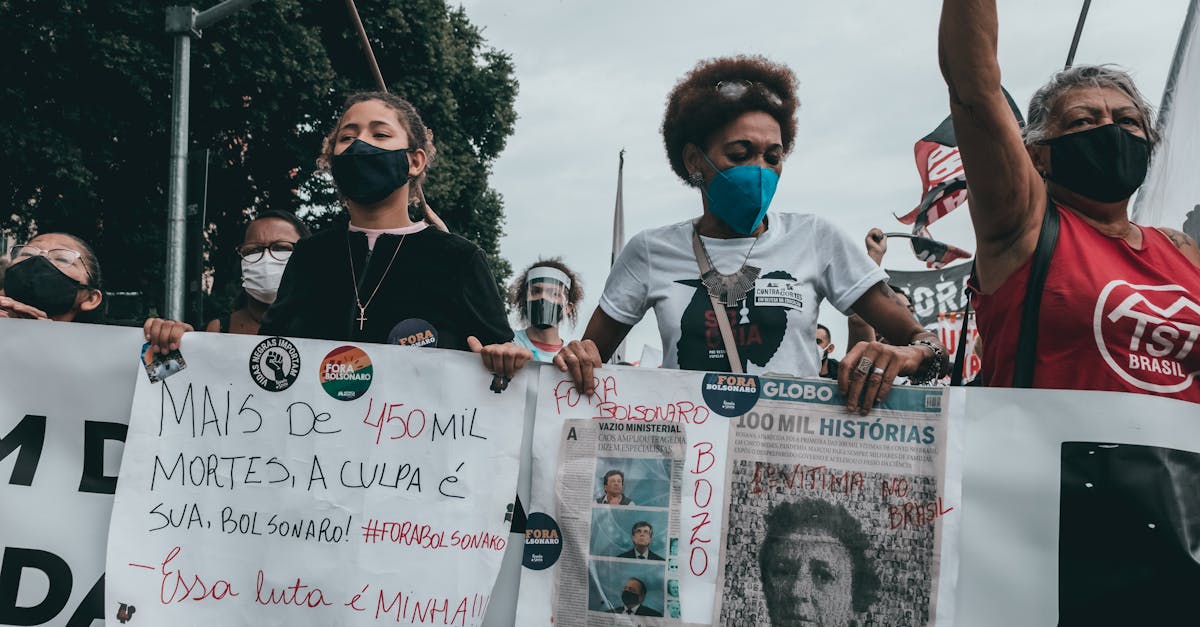
Latest News About Bolsonaro: A Crucial Turning Point
The political landscape in Brazil continues to be marked by significant developments surrounding former President Jair Bolsonaro. Following his defeat in the 2022 general elections, Bolsonaro has become the focus of intense legal scrutiny, culminating in a recent Supreme Court decision that places him under house arrest. This article explores the latest updates on these judicial proceedings and their implications for Brazilian politics.
Legal Actions and House Arrest Order
In a landmark ruling, Brazil’s Supreme Court has ordered former President Jair Bolsonaro to be placed under house arrest as part of an ongoing trial concerning allegations that he orchestrated a coup attempt. The case revolves around Bolsonaro’s activities after the 2022 election defeat to incumbent Luiz Inácio Lula da Silva. Justice Alexandre de Moraes, who oversees the investigation, highlighted that Bolsonaro breached precautionary court measures by transmitting messages through social media accounts managed by his sons. These posts reportedly aimed at mobilizing supporters and exerting pressure on the Supreme Court, actions seen as attempts to undermine Brazil’s democratic institutions.
Bolsonaro’s defense team immediately signaled their intention to appeal the decision, arguing that his actions did not constitute a violation of the imposed restrictions or any criminal conduct. They defended his use of social media to communicate with the public during protests in Rio de Janeiro, emphasizing the peaceful nature of his statements. Despite his legal team’s response, the court underscored the seriousness of the violation, including the removal of some content by Bolsonaro’s son to conceal the infraction, signaling the gravity with which the judiciary is treating the matter.
Political and Social Impact of the Developments
The house arrest order against Bolsonaro has intensified political tensions in Brazil, reflecting the deep divisions within the country’s society and political classes. His supporters have demonstrated in various locations, particularly in Rio de Janeiro’s Copacabana district, expressing ongoing loyalty and contesting the Supreme Court’s actions. Meanwhile, critics of Bolsonaro view the judicial measures as essential to safeguarding Brazil’s democracy and preventing further disruptions caused by attempts to destabilize the government.
This situation highlights the ongoing struggle in Brazil between upholding democratic norms and addressing claims of political misconduct at the highest levels of power. The Supreme Court’s assertive role signals a firm stance on maintaining rule of law, but it also raises concerns about political polarization and the potential for unrest. The coming months will likely see further legal and political maneuvers as the case unfolds and as Brazil navigates this turbulent period.
In summary, former President Jair Bolsonaro’s house arrest marks a significant moment in Brazil’s recent political history, entwining legal accountability with fierce political contestation. The Supreme Court’s actions underscore the judiciary’s determination to address alleged threats to democratic order, while Bolsonaro’s supporters continue to question these measures. This unfolding scenario remains key to understanding Brazil’s political trajectory and the broader challenges of democratic governance.